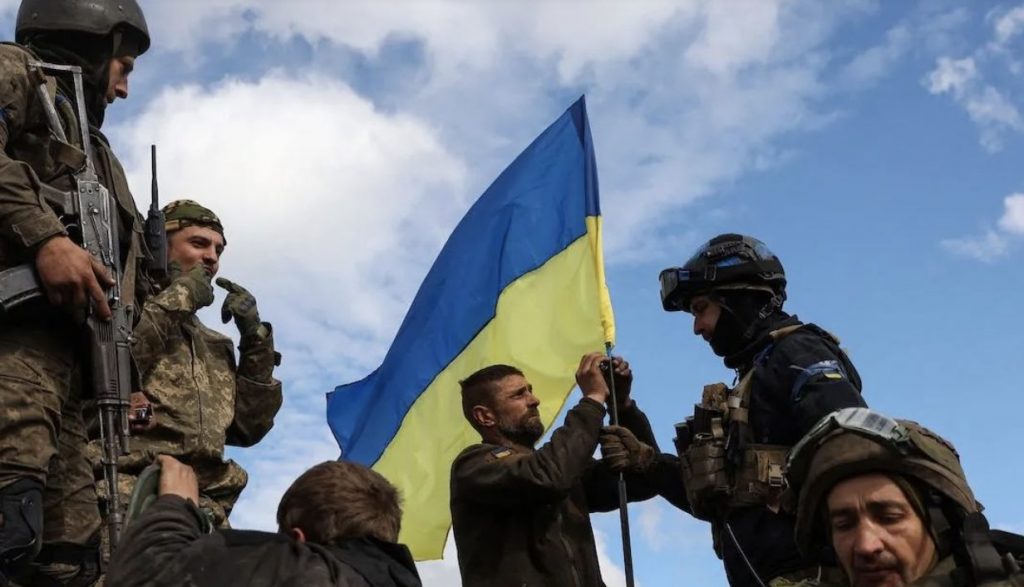By: Lenora Kirkland
As the war in Ukraine persists, international support continues to rise as citizens of the world join the Ukrainian people in mourning the devastating effects of this year-long conflict. Despite daunting circumstances Ukrainians continue to fight against Russian advancements, exhibiting resilience that has been globally recognized and commended.

Recently, there has been an uptake in international aid for the Ukrainian war effort, notably from the United States in the form of military training. On Jan. 10 Biden announced that the country will be hosting trainings in Fort Sill, Oklahoma for Ukrainian soldiers. In terms of financial aid, the United States government has now contributed over 54 billion dollars to the Ukrainian war effort.
The breakdown of these funds shows financial support for Ukrainian refugees, and for European nations suffering from the burden of oil dependency and sanctions with Russia. Private donors in the United States also continue to be at the forefront of American support for Ukraine. These donations have been sourced from NGOs, wealthy companies and even churches, from across the country. Other nations in the EU, and surrounding areas, are also supplying weapons and tanks to the war effort. The U.K. has committed a Challenger 2 tank to Ukraine, which is set to place the country at a significant military advantage as they fight against Russian attacks.
Last month, Ukrainian prime minister Zelensky made a visit to the United States to meet with President Biden. Their talks resulted in an increase in U.S. aid, and a re-established national commitment to Ukrainian defense. Russia has responded by criticizing the talks, warning that they may cause an unwanted escalation. Peace was not a topic discussed during these meetings, which has also been heavily criticized by Moscow. According to an interview conducted by BBC with Russian foreign ministry spokesperson Maria Zakharova, “The talks in Washington have shown that neither Ukraine nor the United States is seeking peace. They are simply intent on continuing the fighting.”
European countries continue to offer up their support and condolences for the people of Ukraine, though some argue that certain nations are not doing enough for their Ukrainian neighbors. German chancellor Olaf Scholz has been hesitant to give direct military aid, a decision that has been criticized by other EU member states as the country continues to depend on Russian oil for the maintenance of their economy. NATO has also joined the EU in its criticism of Germany’s foreign policy towards Ukraine. Although Germany has remained hesitant to supply tanks to Ukraine, they have been continual supporters of the Ukrainian war effort through other worthwhile means.
Despite the support of her allies, and the courage of her people, Ukraine continues to suffer devastating military defeats and high casualties. On Jan. 16, a Russian missile attack on the Ukrainian city of Dnipro resulted in a climbing death toll of at least 40 people.Two days later a helicopter crashed into a local kindergarten in Brovary Ukraine, hospitalizing 25 people, including 11 children. The incident has resulted in numerous casualties including three Ukrainian officials, interior minister Denys Monastyrskyi, his deputy Yevheniy Yenin and Yurii Lubkovych, Ukraine’s state secretary. The cause of the disaster remains unclear, with officials saying it’s too soon to tell.
Sources: BBC, NBC, New York Times
